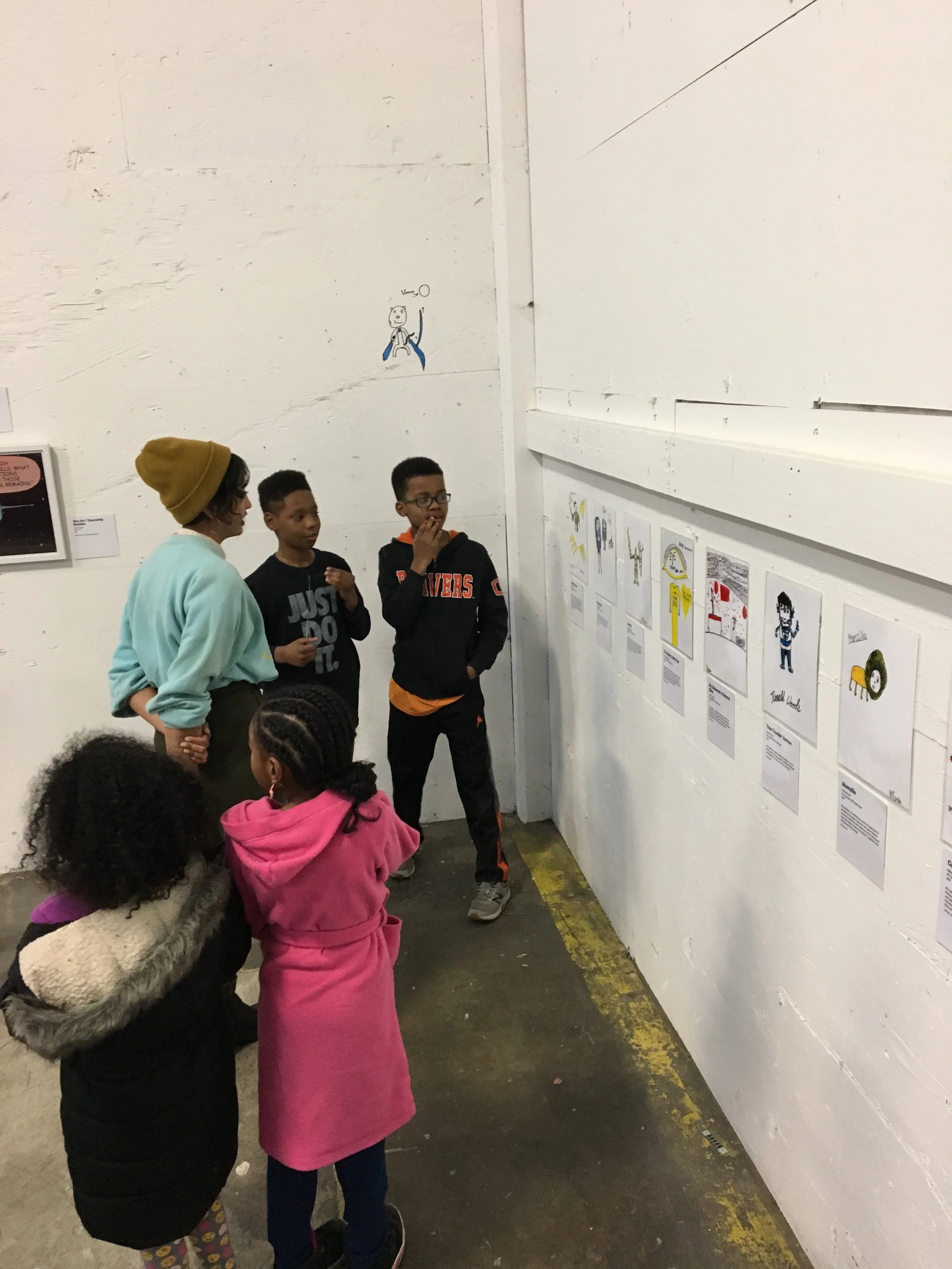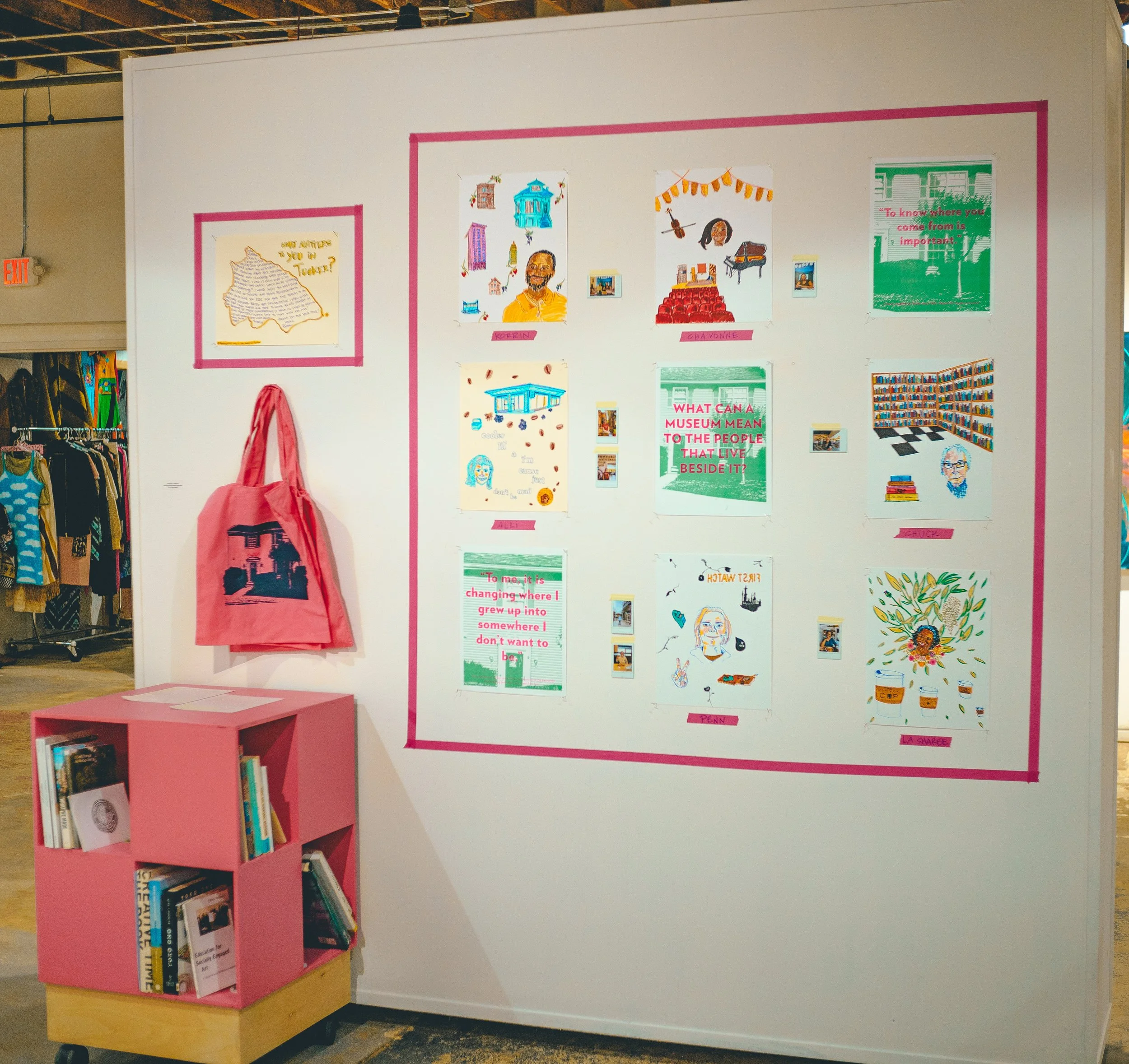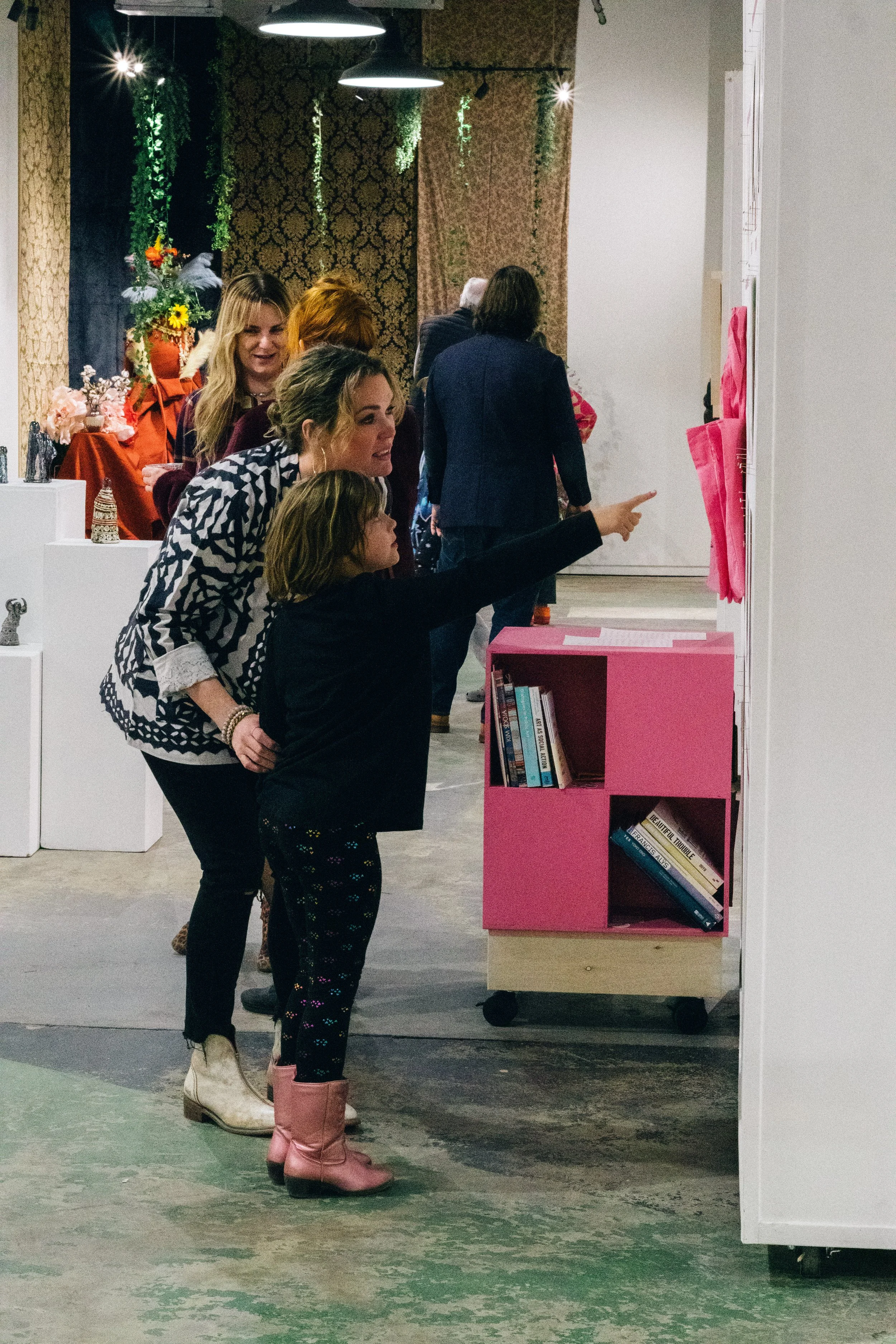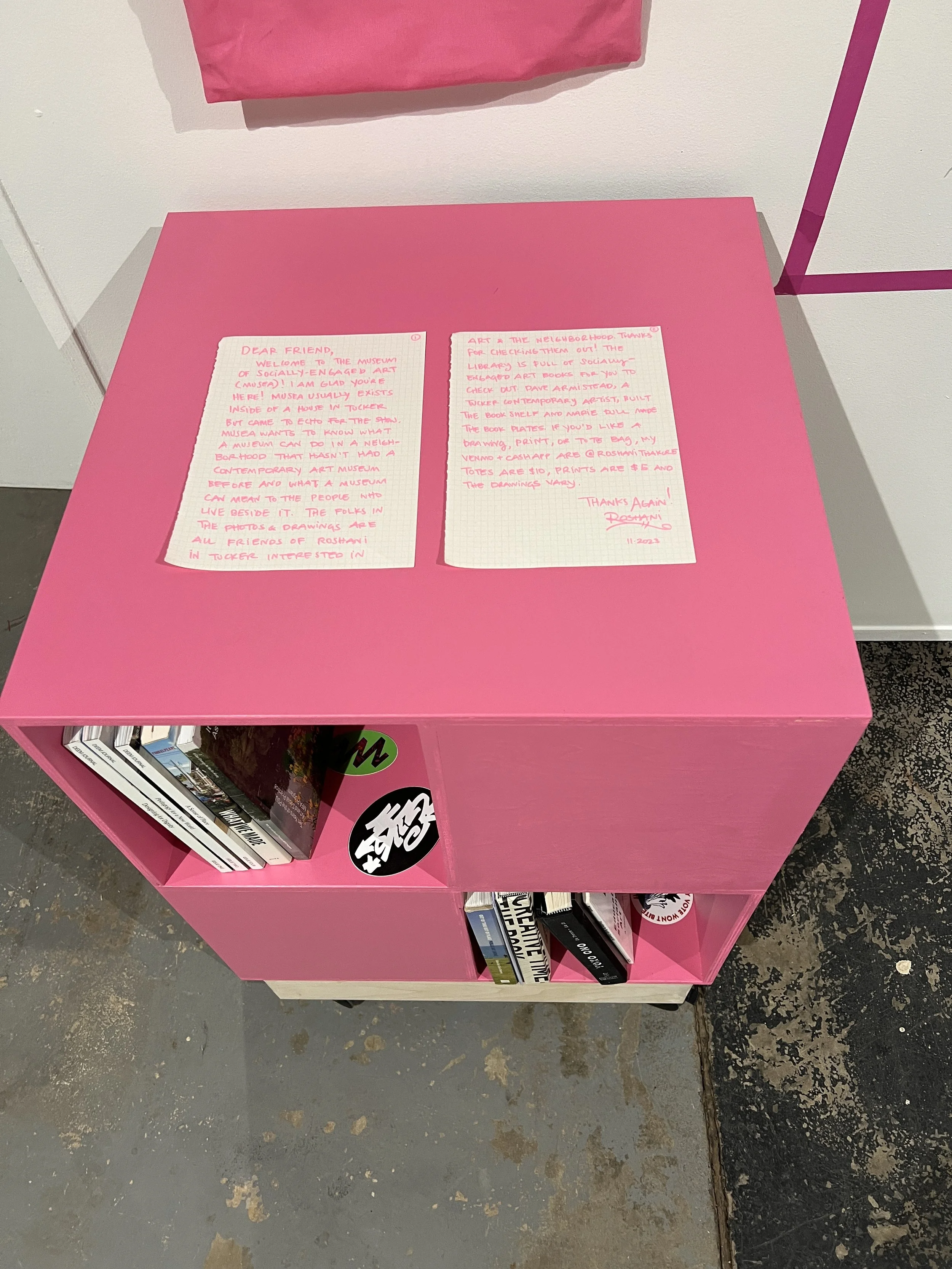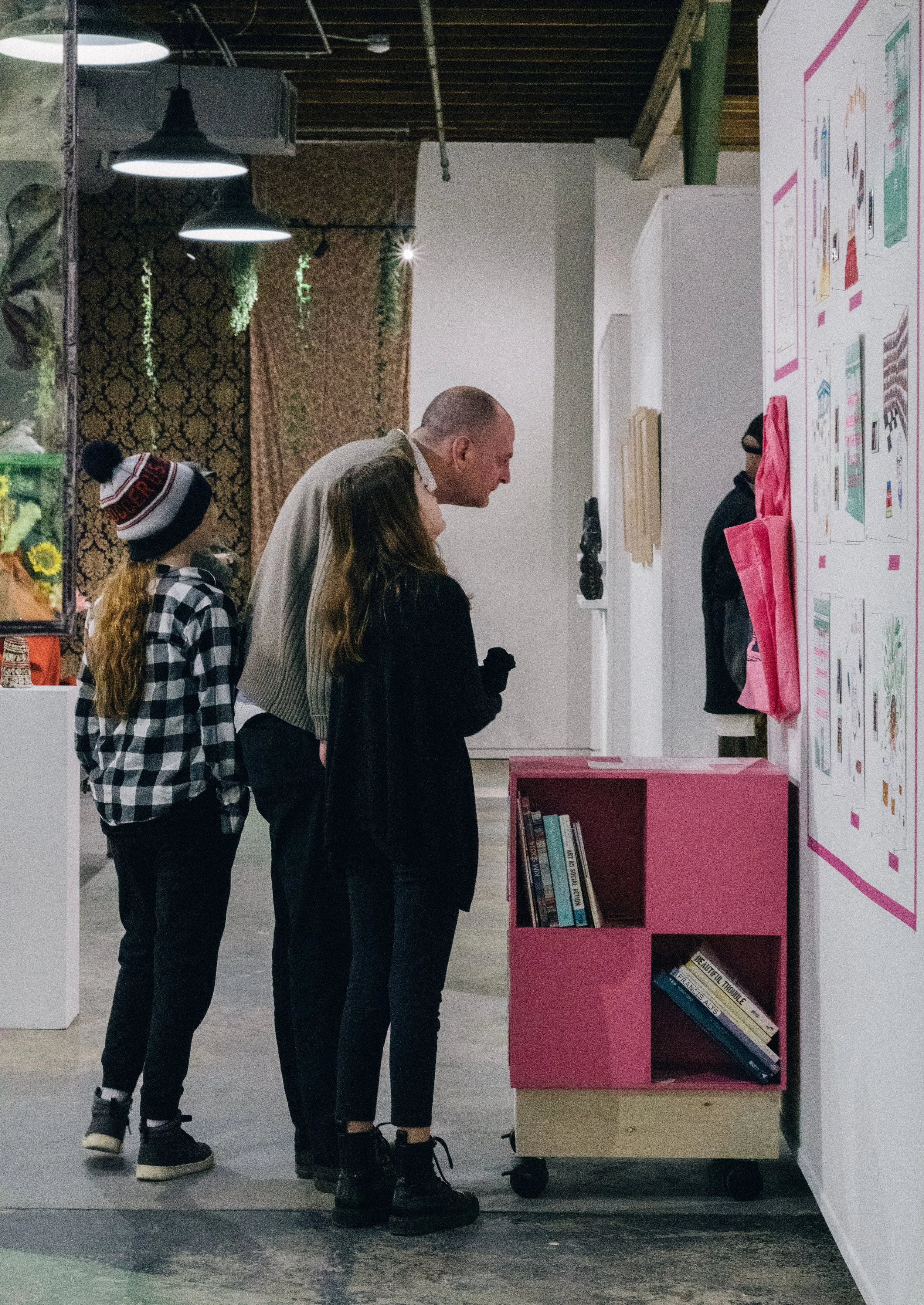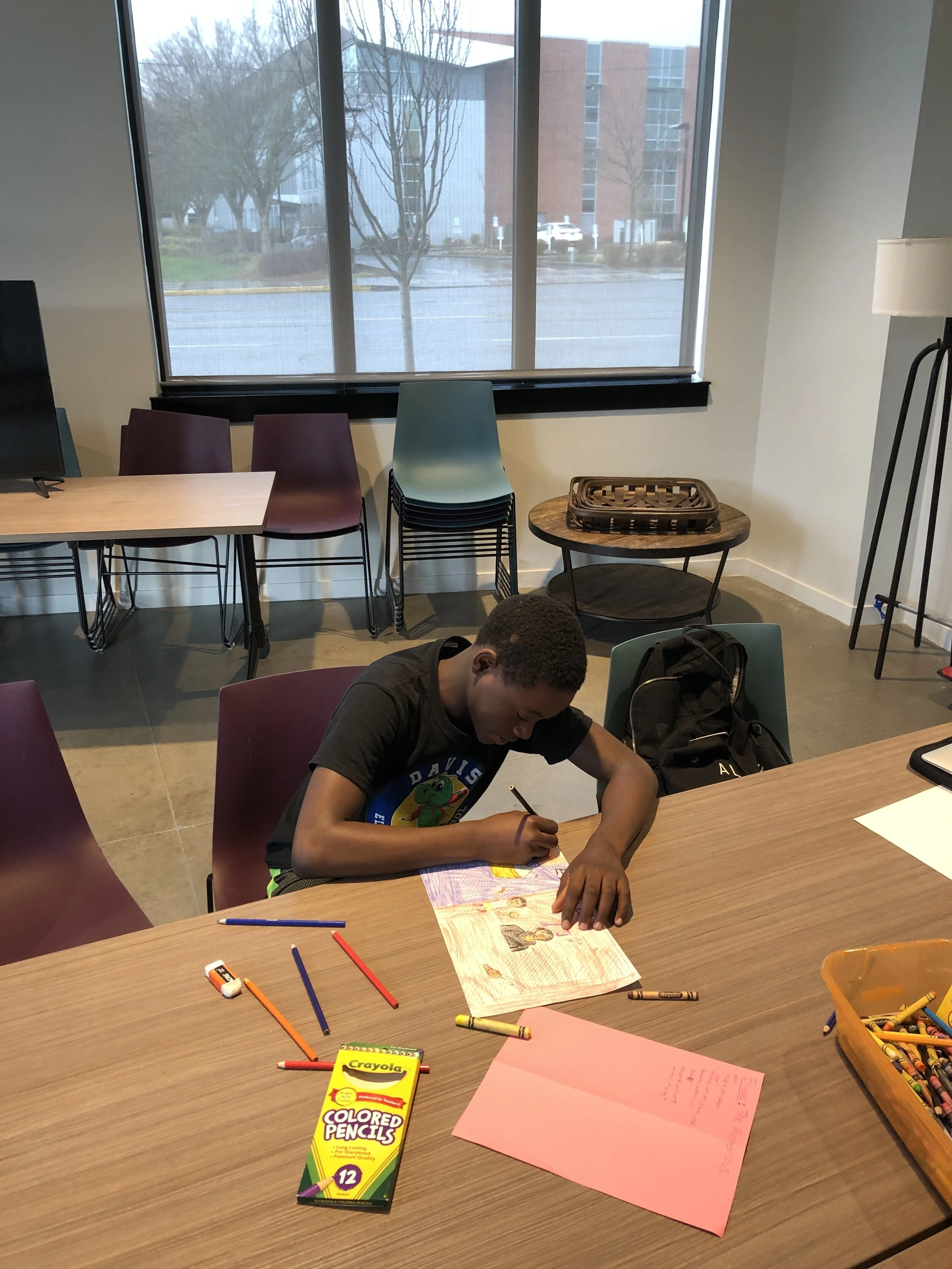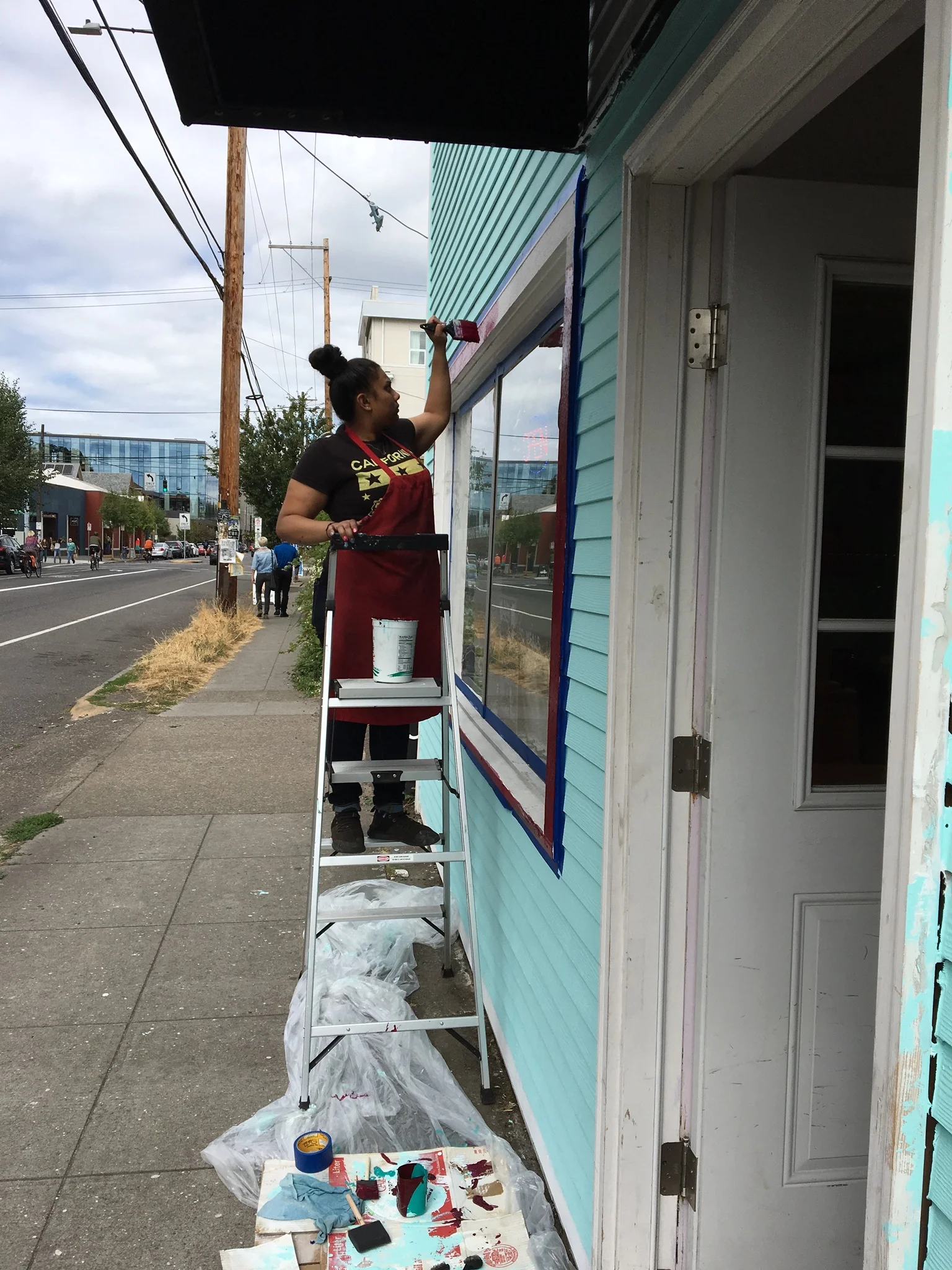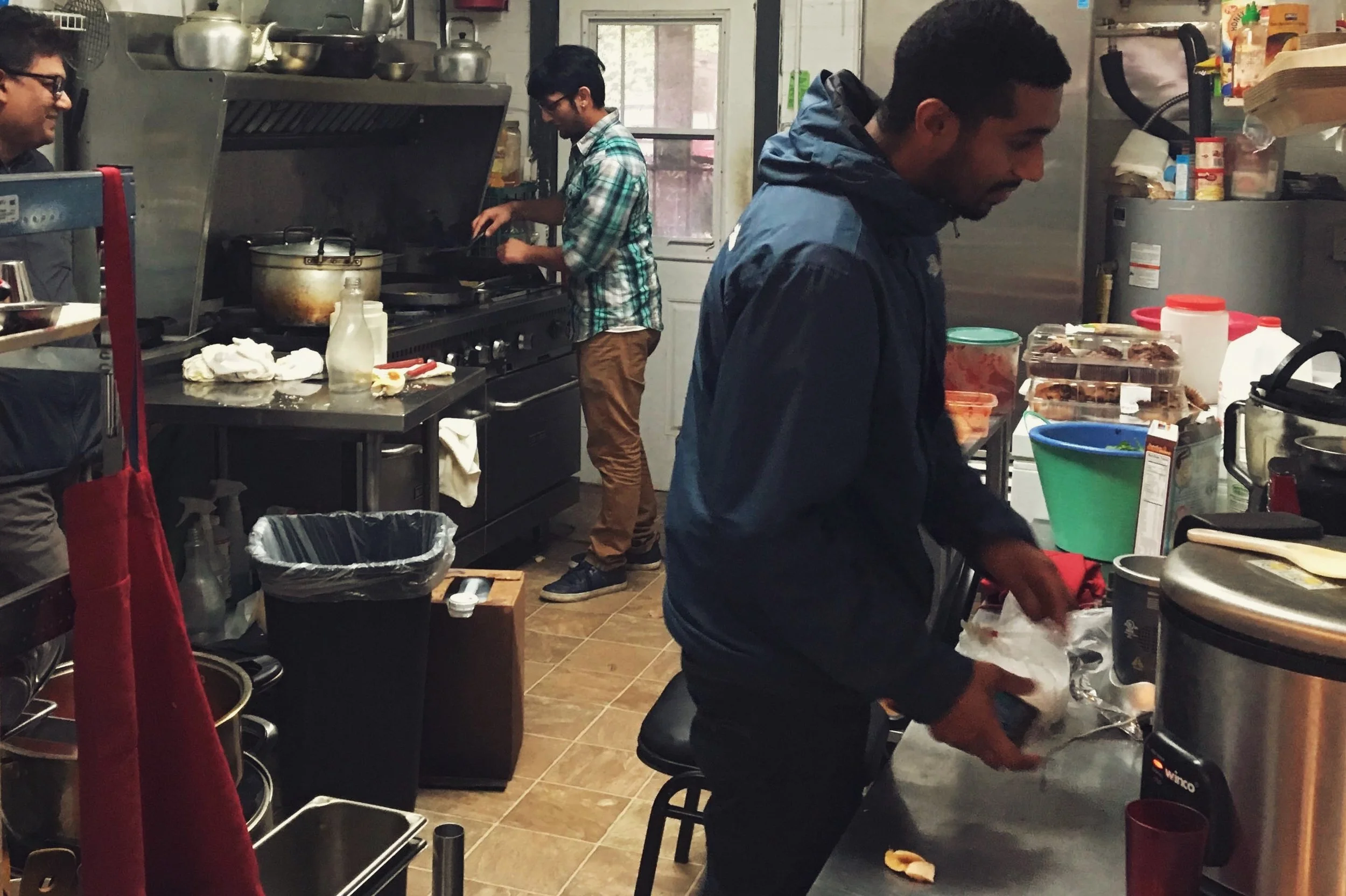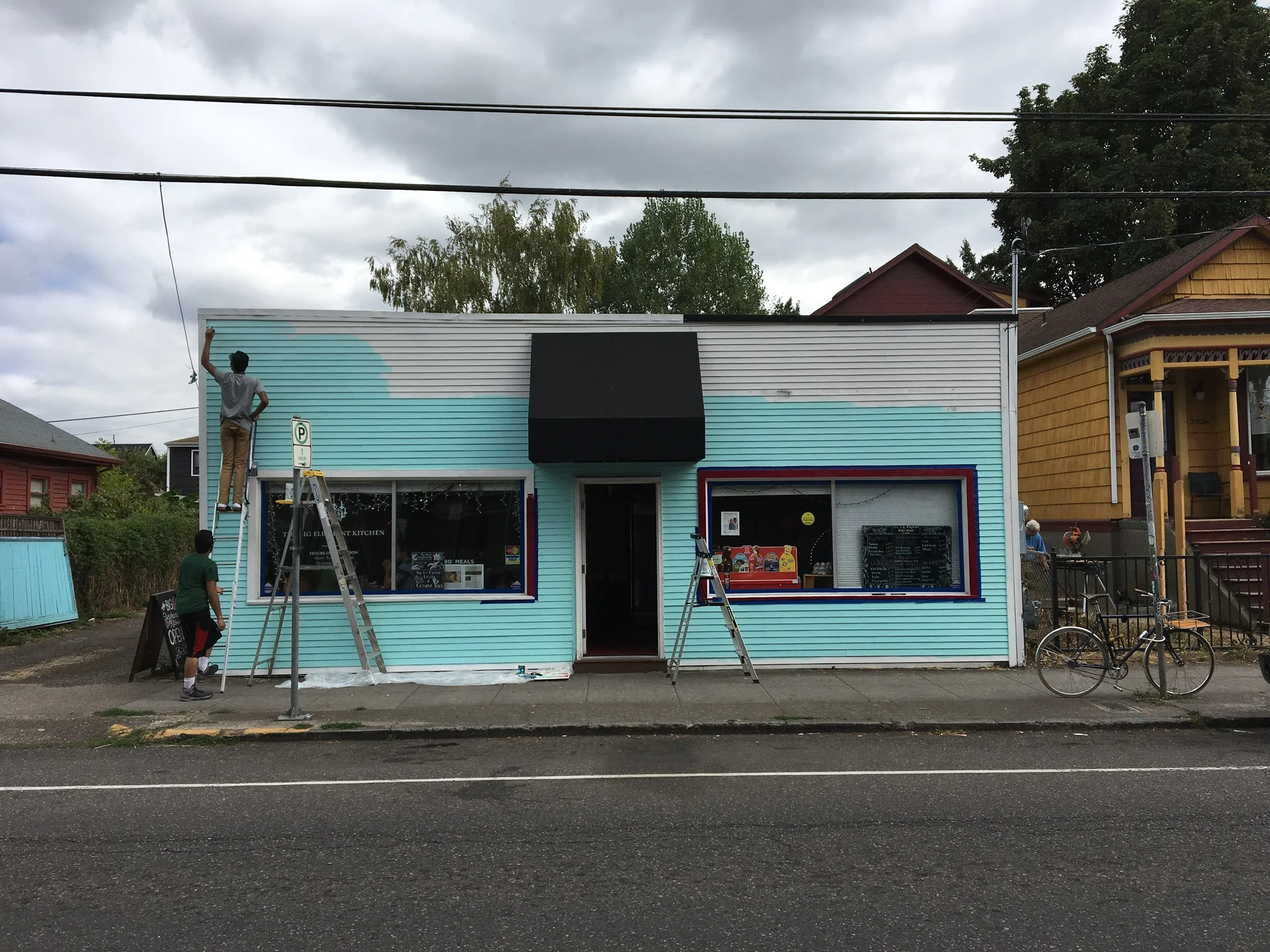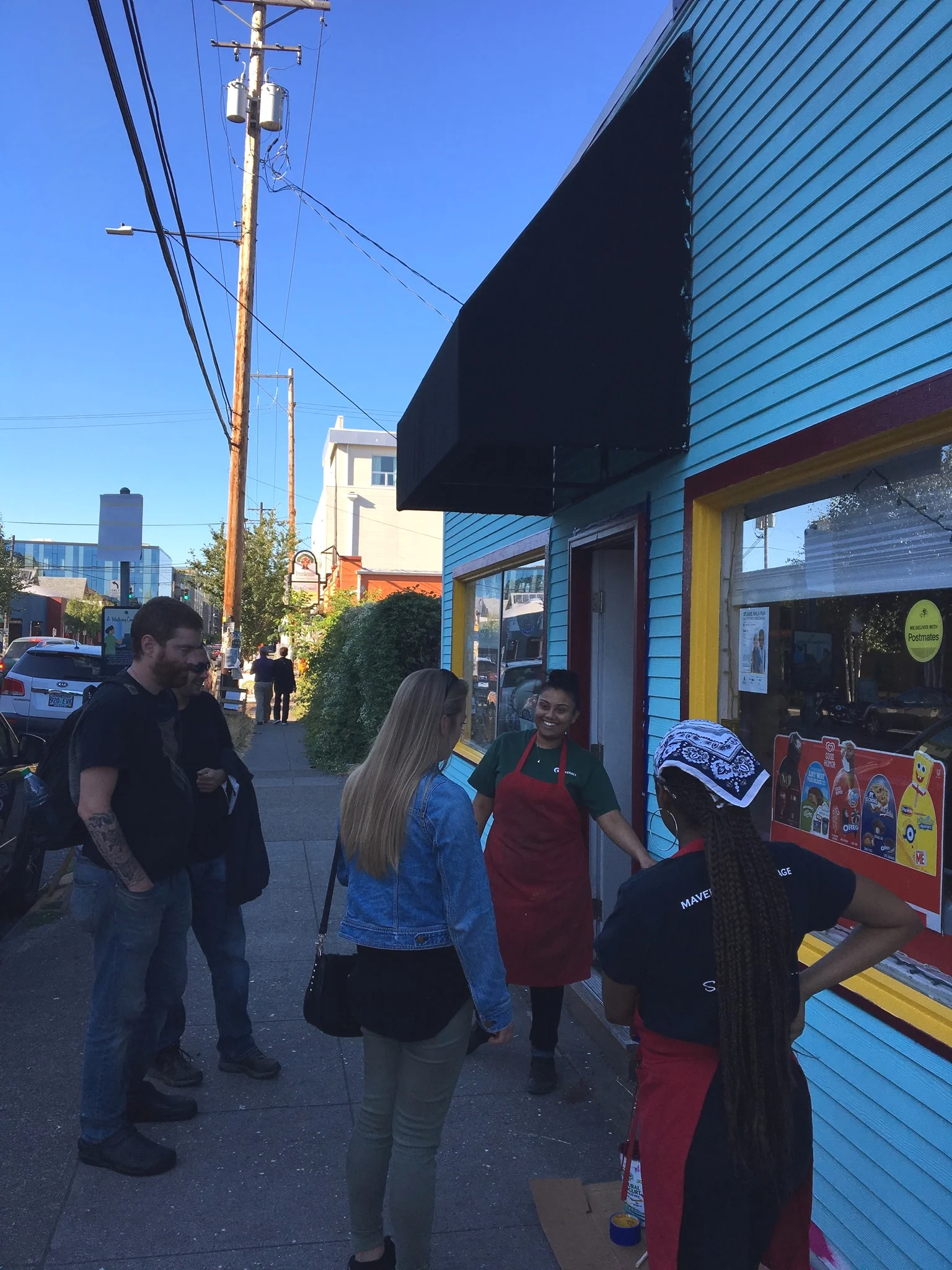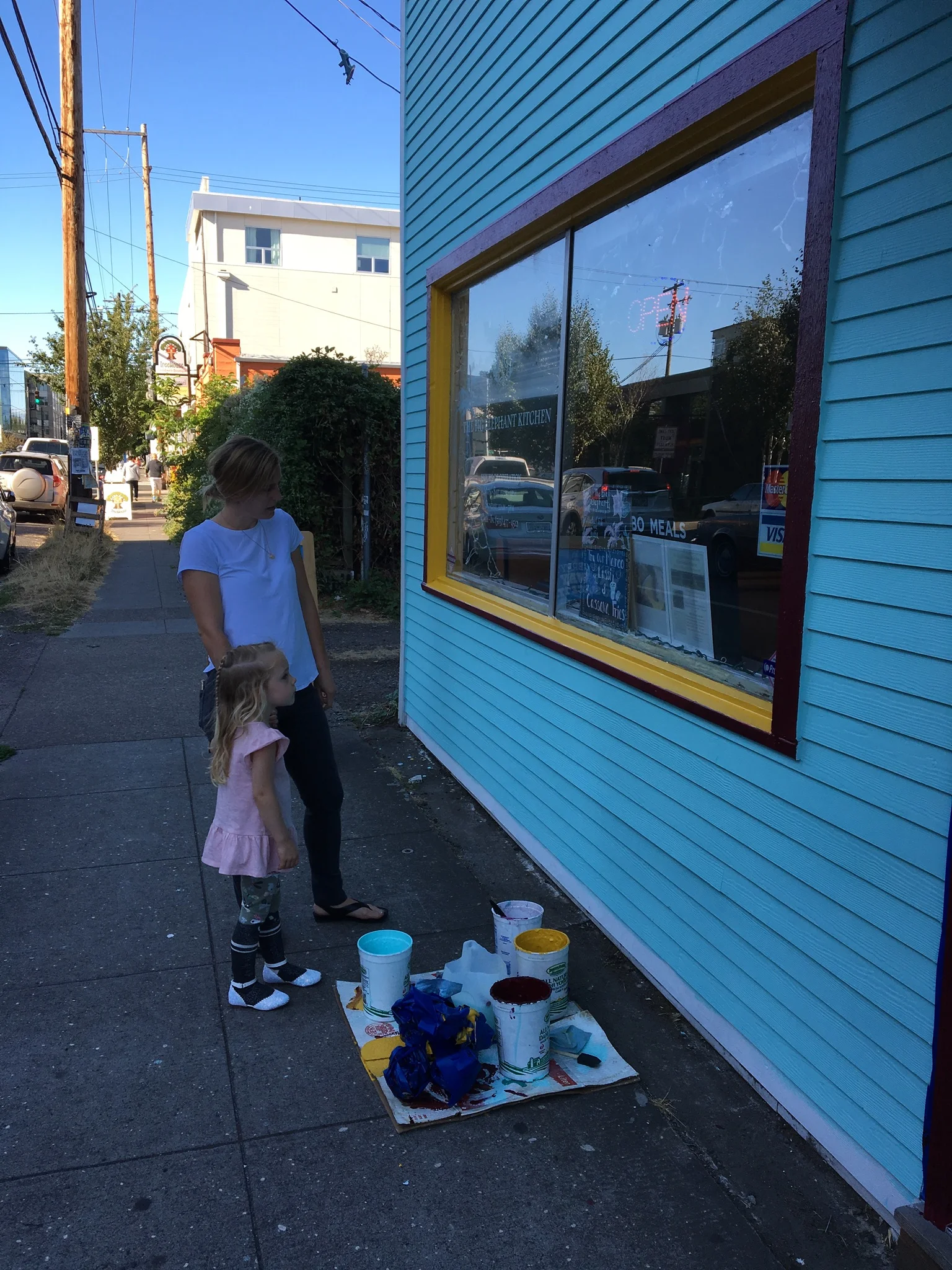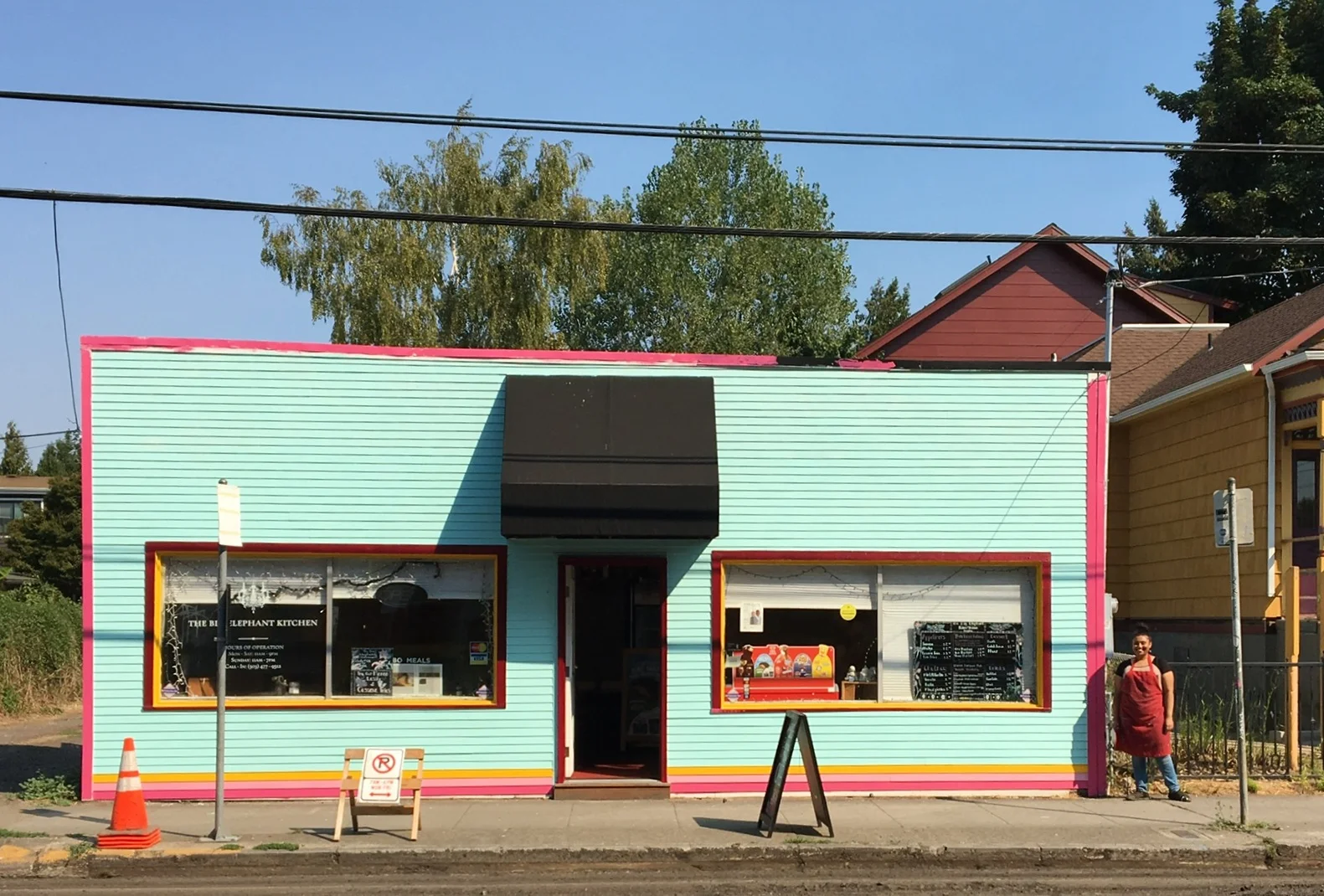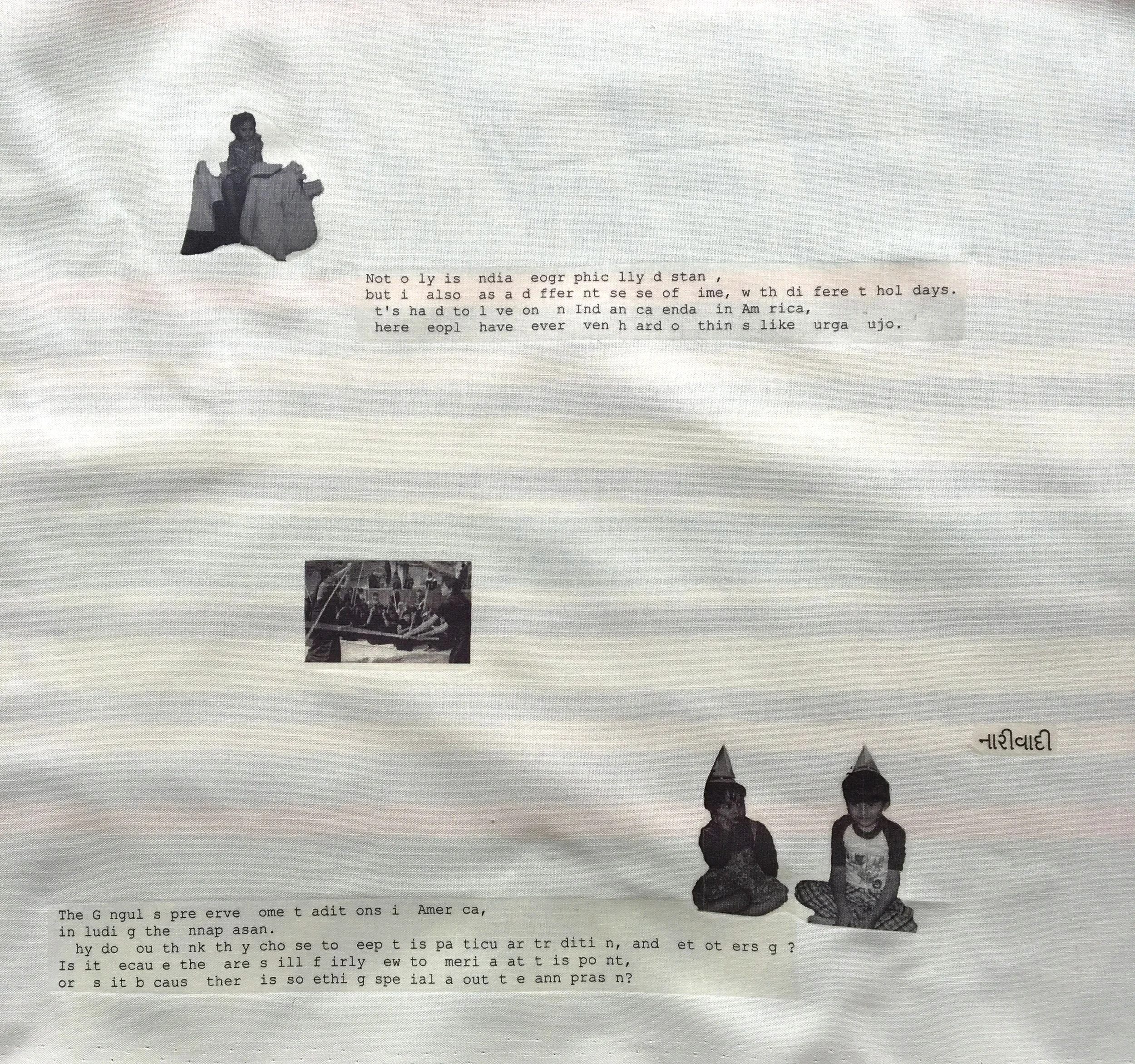Humor in prison may be a coping mechanism, but at the Columbia River Correctional Institution (CRCI), it’s not only that. Since January 2018 the incarcerated comedians inhabiting CRCI have been shaping a space to learn, model, experiment and expand the creative practice of comedy within the prison system. This container within the prison explores the nuances of humor allowing for discussion, experimentation, trust building, accountability, collaboration and creating work together. Through this process, the CRCI Comedy School becomes an alternative culture within the normalized state of incarceration.
The project came about as an extension from the volunteer work done by self-selected members of the Portland State University Art and Social Practice MFA program beginning in 2016. As a co-founder and the Director of the School , I collaborate with a team of artists, volunteers, and incarcerated and outside guest comedians to create a platform to explore stand-up, improv, and sketch comedy within the context of a minimum-security men’s prison in Northeast Portland. Portland comics, Marcus Coleman, Katie Nguyen, Milan Patel, Alex Falcone, Kate Murphy, and Mohanad Elsheiky have led classes sharing their creative stand-up practice and their experience in the local scene. Betse Green has led classes on improv techniques and Jason Rouse has led the class through developing a comedic sketch in one class period. The School has also hosted masterclasses by Fred Armisen and Hari Kondabolu in stand-up and sketch comedy.
Using this toolbox, the incarcerated comedians give voice to observations of human behavior, social codes, and power inside the walls. For example, in the first comedy show, LIVE from CRCI!, one of the incarcerated comedians, Jesse, performed a piece called “Out of Control” referring to the acts of wearing an untucked shirt or sharing food inside as being wild and disobedient. Also, writer and incarcerated comedian, Ben, performed a bit about the handshake codes by different groups on the inside from the perspective of a germaphobe.
During this time, the School has co-produced three comedy shows on the inside allowing the incarcerated comedians to share their work to their friends and family, their peers on the inside, the correctional officers and administration, and to outside guests. These shows have been celebrated by the prisoners along with the correctional officers and the administration. This process has had the effect of shifting the relationships between the incarcerated comedians and administration officials. Creative shifts are also occurring internally with the incarcerated comedians as their personal perspectives are being well-received through their work and their performances.
By developing this space to allow humor to be explored and formalized within the prison system, the CRCI Comedy School hopes to continue to provide the opportunity to creatively question and challenge the experience of incarceration directly by those who experience it on the inside.











